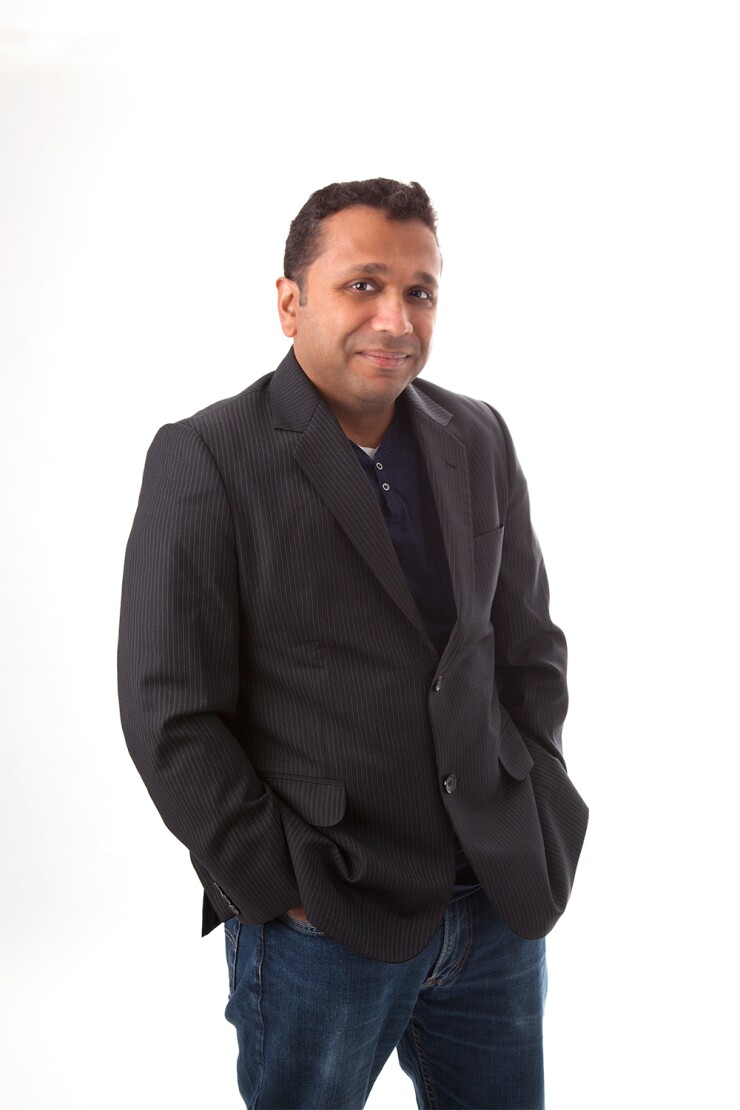Shamir Karkal has played several roles in the financial services industry, first as a McKinsey consultant, later as a co-founder of the challenger bank Simple and eventually as head of the API ecosystem for BBVA.
But he's set to take on a new challenge Thursday, when his new startup, Sila, launches a set of programs and APIs that let developers connect bank accounts and money transfer capabilities with distributed applications running on blockchains like Ethereum. For example, it would allow a company that wants to offer some kind of banking service over Ethereum to access existing payment systems like ACH, Visa and Swift, without having to get a money transmitter license. Dollars are converted to Sila tokens, which are pegged to the U.S. dollar.
The timing is important, given the anti-blockchain sentiment that's been thrown around in financial services lately (along with signs of progress, such as JPMorgan Chase
“There is a lot of negativity about blockchain broadly,” Karkal acknowledged.

It reminds him of the dot-com boom and bust of the early 1990s and early 2000s.
“By 2002, everybody knew that this whole dot-com thing was just BS, so the rush to become developers died down and the fashionable thing then was to get an MBA and become an investment banker,” he said. Yet today, applications commonly run on the internet.
The timing is compressed in the case of the blockchain to more like 18 months, Karkal said. Blockchain technology comes with the added complexities of potential initial coin offering fraud and inflated expectations.
“A lot of people thought all they needed to do was build some technology and in a few months the whole world would change,” Karkal said. “Having a distributed ledger and transparency and the capabilities that come with it is quite interesting but it doesn’t solve all your problems. You still have to build products, go out and find customers and have the right product market fit.”
Karkal’s new technology runs on Ethereum for now, but it could run on other types of distributed ledger, he says.
In the early days of Simple, Karkal and Joshua Reich looked into using the bitcoin blockchain to build the mobile-only bank’s ledger. They were intrigued, but put off its slowness and lack of scalability, along with the volatility of the cryptocurrency itself.
“We kicked the tires," Karkal said. "It was super cool. I thought maybe in a future iteration if somebody solves the stability problem and scalability problem, maybe this will become the internet of money.”
Ethereum was different, he said.
“When it came out it was exciting because it didn't just move bitcoin or Ether; it has the ability to execute small snippets of code in a distributed or decentralized way,” Karkal said.
Not only could money be moved on a distributed ledger, but rules about the movement of that money could be embedded in a smart contract on Ethereum.
There are also hundreds of thousands of developers working with Ethereum, he said.
Karkal’s new company offers a set of prebuilt code for doing things like verifying customers’ identity, debiting bank accounts and crediting bank accounts, with APIs that allow these to run on a blockchain. He compares it to the way Stripe easily lets merchants accept payments on the internet.
“We want to serve everybody who wants to do something innovative in finance,” he said.
The early adopters, he expects, will be small startups that want to build the next Digit or Venmo.
“What they need is a way to verify users' identity, a way to debit and credit bank accounts,” he said. Later, he plans to offer things like cards, wire transfers and checks.
“We haven't built all that yet, but it's coming,” Karkal said. “In a way it's like Josh and me back in 2010.”
Banks have expressed interest in using Sila's technology, too.
“Banks do want to do innovative stuff," Karkal said, "but they're hamstrung by legacy technology, legacy culture and legacy business models.”





